Yay! Its Wednesday and time for our weekly #WCW. This week its all about the amazing Didi Akinyelure the 2016 winner of the BBC World News Komla Dumor Award. From studying chemical engineering and then working in the Real Estate Investment sector and finally transitioning into journalism, Didi’s shares with us snipets of her journey, the importance of telling African stories and advice for every Nigerian woman to imbibe.
Meet Didi Akinyelure
Didi Akinyelure graduated from the University of Nottingham with a 2:1 degree in Chemical Engineering. After graduation, she accepted a job in the UK financial sector, working in the Asset Management division of major organisations, such as Barclays Wealth. After five years in the sector, she relocated to Nigeria, where she accepted a role in the Asset Management division of Investment Bank, Oceanic Capital. After two years, she left to start her broadcasting career with CNBC Africa, where she anchors and produces CNBC Africa’s morning show, “Open Exchange West Africa”. The Komla Dumor Award identifies Didi as a future star of African Journalism.
IBG: Why is the way we tell African stories internationally important?
DA: The perception of Africa in the international community is still largely negative and it is up to us (Africans) to tell our own stories. In a world where “good news is not as important as bad news” we must push harder and tell the stories of the development and progress made in Africa. It’s difficult because as journalists we have to remain balanced at all times. We have to tell the stories about disease, disaster and death. But, there is a lot of positively coming out of the African continent which the international community is completely unaware of. We must turn our positive stories into trending stories. Perception is reality and it’s a difficult things to turn around but we must not stop until we get it done.
IBG: Why is telling African stories important to you?
DA: It’s a way for me to play my part in changing the perception of Africa. People connect with human angle stories. Africa is filled with amazing people doing extraordinary things in the most difficult conditions and we must all play a part in spreading the news about the opportunities and possibilities the African continent presents.
IBG: What did winning the Komla Dumor prize mean to you?
DA: It’s such a huge honour. Komla was very much loved by everyone at BBC. I have been at BBC for three weeks and everyone speaks so highly of him. To be asked to walk in the shoes of Komla, to be asked to continue his legacy – what an honour! So many African journalists applied for the BBC World News Komla Dumor Award so for me to be chosen is surreal. I still feel like I’m dreaming. I am living my dream.
IBG: Here’s a bit of a double barrel question, with your background in engineering and then real estate investment, how did you stumble into journalism and more importantly what skills did you develop to make this switch? Also share how you want about acquiring these skills?
DA: I studied chemical engineering because my Mum worked in the oil industry for 30 years and my Dad is an Engineer, so as a 17 year old, it’s all I knew. Three months into the degree I knew it was not for me but I wanted to make my family proud so I worked hard and stayed focused. Once I was done with the course, I accepted a job in the investment banking and finance industry, and I stayed in this career path for about 7/8 years. Real Estate investment was a passion of mine at university. I learnt the importance of investing young. I was obsessed with the real estate market in the UK. Once I relocated to Lagos, I realised that the property market in Nigeria was not as sophisticated as the UK market and required a lot more capital. I decided to create a real estate show showing the investment opportunities in the real estate market in Africa. I created a TV pilot and soon found that the road to TV sponsorship was a tasking one. I pitched the idea for a real estate show to CNBC Africa and was offered a job. And the rest is history. Skills – in a career switch you must learn as much as possible, as quickly as possible – if not formally but informally. I did a lot of online research on TV production. You also have to be prepared and believe in yourself and your goals.
IBG: Who inspires you and why?
DA: African Entrepreneurs as a whole because in spite of all the challenges faced on the continent, from the lack of 24/7 power, to the difficulties accessing loans and the high interest rates, to the foreign exchange restrictions, they still get it done! African Entrepreneurs are resilient hustlers! Forget New York, if you can make it in Africa, you can make it anywhere.
IBG: What do you think is the most important issue for African women now and why?
DA: Gender equality remains prime. Women are making waves in the corporate world to an extent but politically, not so much. As women we have to believe in ourselves. We go through child birth and raise children and run homes; we also have our 9-5 jobs and our side gigs. We are multi-taskers. The African society tells us we cannot do certain things but God does not create men with special powers needed to run countries. We are created by God to be equal in the image of God. I look at women like Professor Remi Sonaiya, Nigeria’s 1st Presidential Candidate and I am inspired.
IBG: What advice would you give Nigerian women today?
DA: You will never know just how far you can go until you try. Stick to your lane and do your best. Let your passion guide you. Be prayerful and your time will come and when it does make sure you’re prepared and bold enough to take the next step.
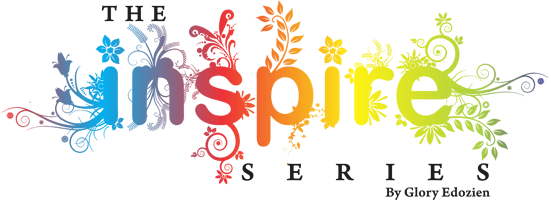

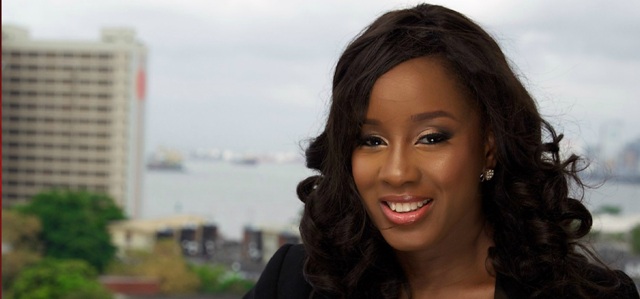
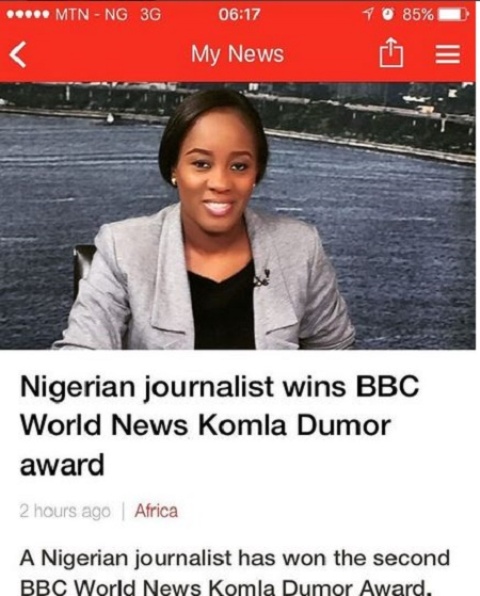
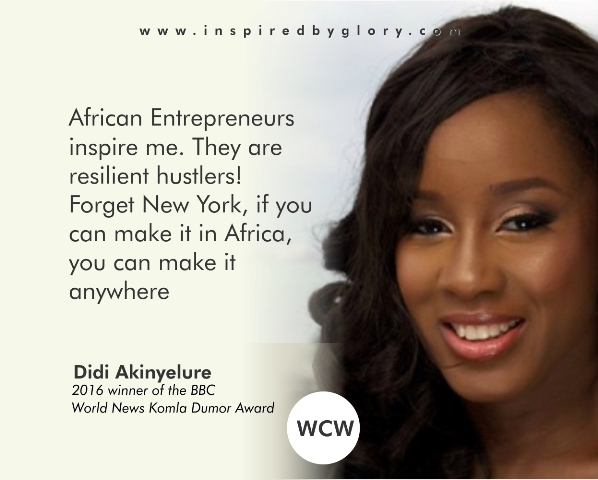
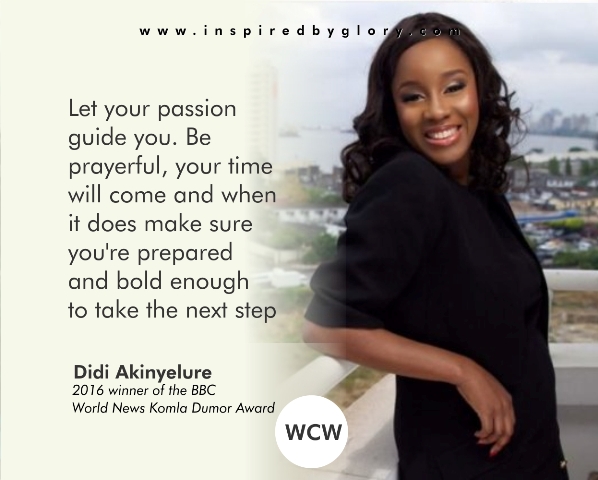
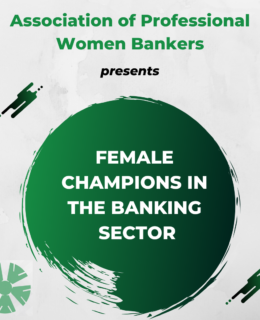
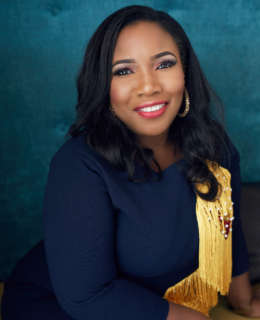
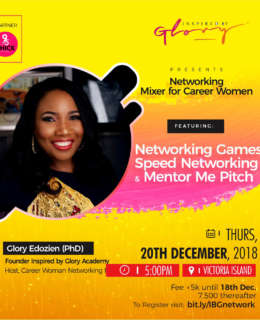

Leave a Reply